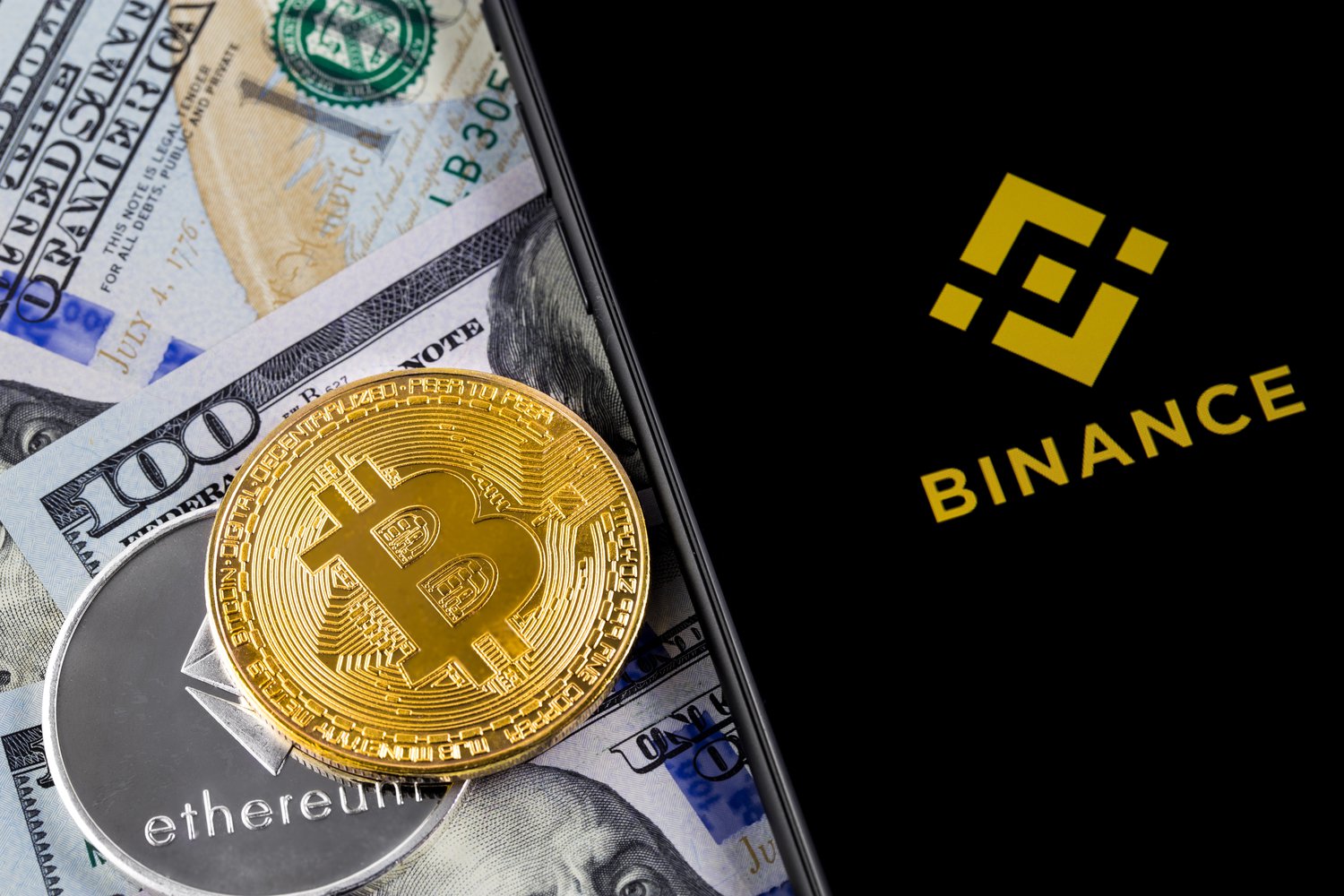Cambodia’s Huione Guarantee Enables Global Scams Worth $11 Billion: Report
-
Huione Guarantee, a Cambodian online platform said to be linked to the nation’s ruling family, allegedly enabled scams worth $11 billion and paid for in crypto, according to a research report.
-
Services offered on the platform included “pig butchering,” deepfake production and money laundering, according to the Wired.
Huione Guarantee, a Cambodian online financial platform linked to the nation’s ruling family, is a marketplace enabling the global scam economy, particularly pig-butchering scams, to the tune of $11 billion, Wired alleged, citing its own research and information from crypto-tracing firm Elliptic.
Wired said the platform, which provides deposit and escrow capabilities for peer-to-peer transactions conducted over the Telegram messaging system, lists services that include deepfake scams, money laundering and so-called pig butchering, in which a victim is wooed before being financially drained by their apparent admirer.
Users transact primarily using USDT, the world’s largest stablecoin. Because USDT can be traced over the blockchain, Elliptic said it was able to follow the fund flows.
“I’m not sure whether Huione Guarantee was originally established with this in mind, but it’s certainly become primarily a marketplace for online scammers,” Tom Robinson, Elliptic’s cofounder and chief scientist, told Wired.
According to Elliptic, Huione Guarantee is “part of Huione Group, a Cambodian conglomerate with links to Cambodia’s ruling Hun family,” which includes Cambodia’s prime minister, Hun Manet.
Officials of Huione Guarantee could not be reached by CoinDesk: Telegram addresses on the website were closed, and an email sent after business hours in Cambodia did not elicit a response. The office of the Council of Ministers of Cambodia did not respond to an email seeking a comment sent after office hours.
The website includes the disclaimer: “Huiwang Guarantee does not participate in nor understand the specific business of customers. As the guarantor, we are only responsible for one party receiving the goods and the other party receiving the money,” according to a Google translation.
In May, companies including Coinbase, Kraken, Meta, Ripple, Tinder and Hinge formed the “Tech Against Scams” coalition to protect users.
USDT’s popularity as a medium for money laundering was mentioned in January by the United Nations Office on Drugs and Crime (UNODC). USDT issuer Tether said at the time that the stablecoin had been singled out.
When blockchain analysts choose to publicize their findings without engaging directly with counterparties this “encourages a bystander effect, where individuals and in this case companies, observe wrongdoing but choose to record it for social media engagement and notoriety – rather than prioritize intervention,” a Tether spokesperson said today.
Edited by Sheldon Reback.
Disclosure
Please note that our
privacy policy,
terms of use,
cookies,
and
do not sell my personal information
has been updated
.
CoinDesk is an
award-winning
media outlet that covers the cryptocurrency industry. Its journalists abide by a
strict set of editorial policies.
In November 2023
, CoinDesk was acquired
by the Bullish group, owner of
Bullish,
a regulated, digital assets exchange. The Bullish group is majority-owned by
Block.one; both companies have
interests
in a variety of blockchain and digital asset businesses and significant holdings of digital assets, including bitcoin.
CoinDesk operates as an independent subsidiary with an editorial committee to protect journalistic independence. CoinDesk employees, including journalists, may receive options in the Bullish group as part of their compensation.
:format(jpg)/s3.amazonaws.com/arc-authors/coindesk/1222d2e5-6f64-4594-8214-6b862acb0f78.png)









